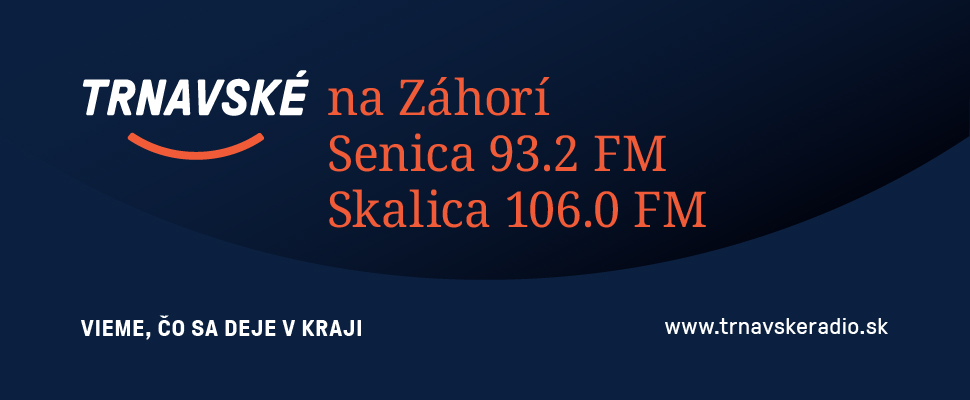Education today has moved far beyond rows of desks and chalkboards. Schools and universities now experiment with flexible schedules, collaborative projects, and real-world problem solving. Learners no longer passively absorb information; they actively engage, question, and create. At the heart of this shift lies the belief that education must prepare individuals for continuous change rather than fixed answers.

Digital Platforms and posido cur
Technology drives much of this transformation. Virtual classrooms, educational apps, and online discussion forums connect students across time zones. Platforms such as posido cur exemplify how adaptive software can tailor lessons to individual progress, offer instant feedback, and even simulate hands-on experiments. By blending multimedia content with live coaching, these tools help maintain high engagement without replacing the human touch that inspires curiosity.
Personalized Learning Pathways
Rather than enforcing a single syllabus for everyone, institutions now craft personalized learning journeys. Diagnostic quizzes identify each student’s strengths and gaps, guiding them through modular content at their own pace. This approach fosters ownership—learners celebrate small victories, adjust goals, and build confidence through consistent progress. When education aligns with personal interests and learning styles, motivation naturally flourishes.
Essential Skills for the Twenty-First Century
To thrive in today’s complex world, learners must acquire more than subject-matter expertise. Core competencies now include:
- Critical thinking and analysis for dissecting information.
- Digital fluency to navigate online tools and data responsibly.
- Creativity and innovation in generating original ideas.
- Communication skills for clear, persuasive expression.
- Adaptability and resilience when facing unexpected challenges.
Institutions that integrate these pillars into curricula produce graduates capable of navigating ambiguity and driving positive change.
Innovative Teaching Practices
Educators increasingly swap lectures for interactive methods that place students at the center:
- Flipped classrooms, where video lectures become homework and class time focuses on discussion.
- Project-based learning, which tasks teams with solving authentic community or global problems.
- Gamified modules featuring points, badges, and leaderboards to spark friendly competition.
- Peer teaching sessions that reinforce knowledge through collaboration.
- Microlearning units offering short, focused lessons that fit into busy schedules.
These approaches break the monotony of traditional lectures and invite deeper engagement.
Balancing In-Person and Online Experiences
Hybrid models combine the best of both worlds. Face-to-face labs, studio workshops, and field trips build hands-on skills and social bonds. Meanwhile, online modules enable flexible access to theory, recorded demos, and global experts. The result is an ecosystem where practical experience and academic inquiry reinforce each other, making learning both convenient and profoundly connected to reality.
Addressing Equity and Access
Despite technological advances, disparities persist. Reliable internet and modern devices remain out of reach for many. Educators must advocate for infrastructure investment, community Wi-Fi hotspots, and device-loan programs. Moreover, teacher training in digital pedagogy ensures that new tools enhance rather than hinder learning. Only by tackling these gaps can all students benefit from modern educational innovations.
Assessment in the Digital Age
Standardized tests no longer suffice to gauge the breadth of student abilities. Portfolios, project presentations, and peer evaluations provide richer evidence of learning. Digital badges or micro-credentials recognize mastery of specific skills, allowing learners to showcase competencies directly to employers. By shifting focus from memorization to practical application, assessments become tools for growth rather than mere grading exercises.
Cultivating Lifelong Learning
Graduation is no longer a finish line but a milestone on an ongoing journey. Continuing education—through online courses, professional workshops, or community seminars—allows individuals to update skills as industries evolve. Learning platforms that track progress, suggest next steps, and connect alumni networks foster a culture where staying curious becomes second nature.
The Role of Educators as Mentors
In this dynamic environment, teachers transition from information dispensers to mentors and coaches. They design rich learning experiences, guide inquiry, and model critical reflection. By monitoring analytics dashboards, they identify when a student needs encouragement or advanced challenges. Their real impact lies in fostering intellectual autonomy, empathy, and ethical judgment—qualities that no algorithm can replace.
Looking Ahead
As society confronts rapid technological, environmental, and social change, education must remain agile. Future classrooms will likely feature AI tutors, augmented-reality field trips, and global peer collaborations at the click of a button. Yet amid all these innovations, the core mission endures: to ignite a passion for learning, empower individuals to solve real-world problems, and cultivate the confidence to navigate an ever-shifting landscape. In doing so, modern education will continue to light the path toward a more informed, connected, and resilient world.





